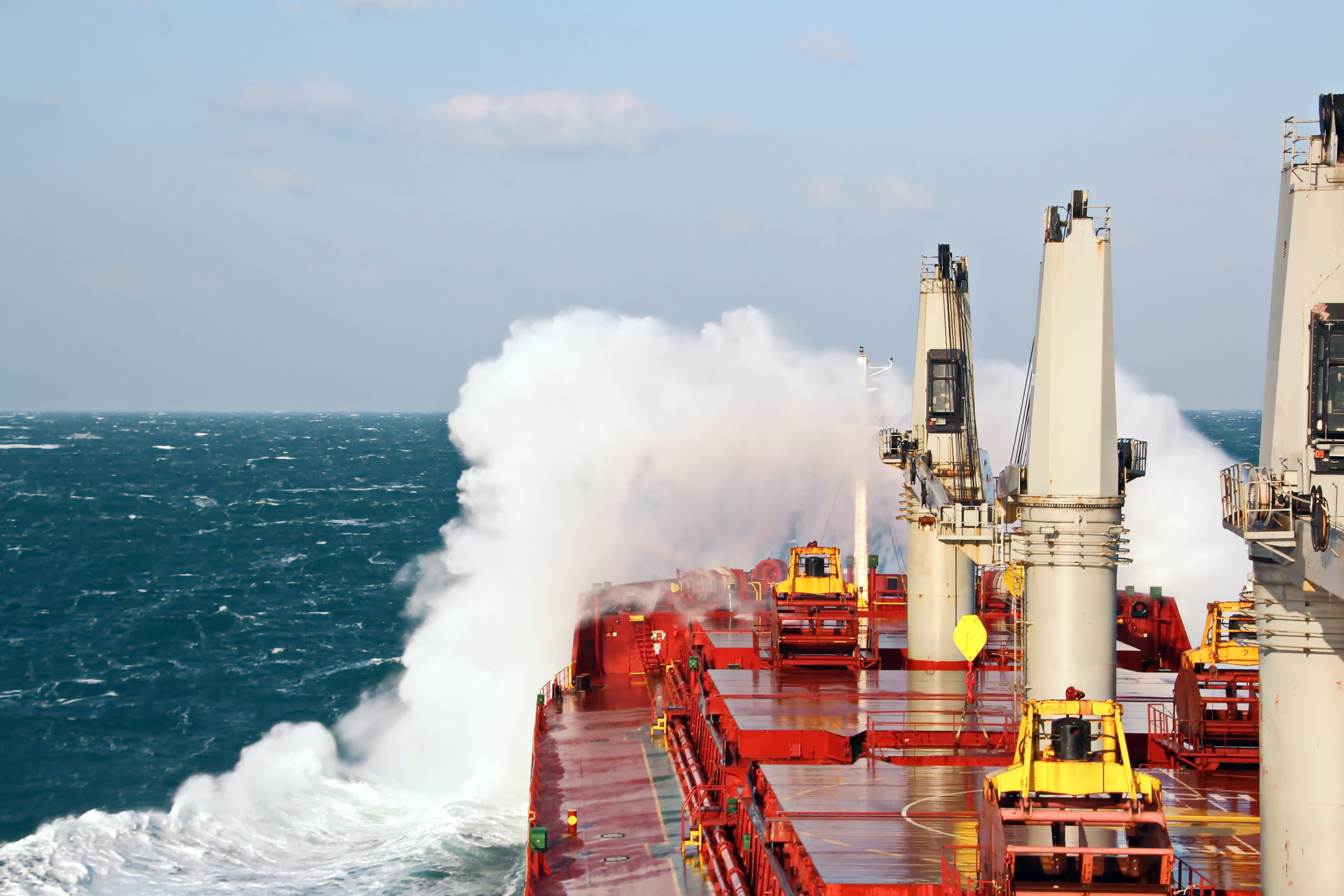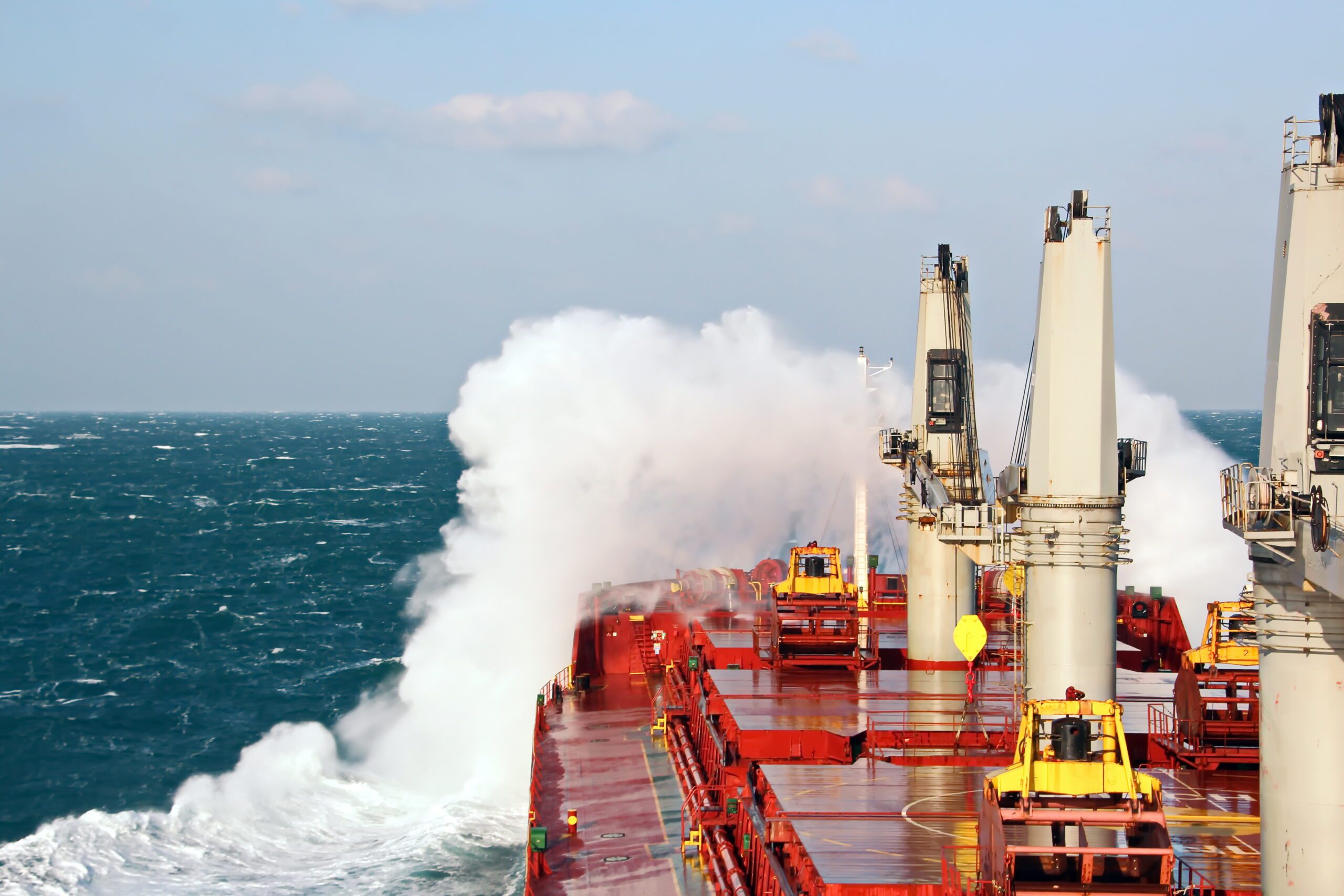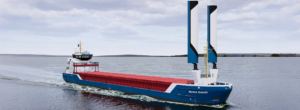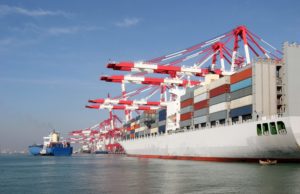
UN “High Seas Treaty” creates implications on global merchant fleet as ships will be required to adhere to stricter regulations when operating on the high seas. Already being referred to as the ‘High Seas Treaty’, an instrument of the United Nations Convention on the Law of the Sea agreed by an intergovernmental conference at the UN on 4 March 2023, will provide a legal framework for establishing marine protected areas to protect against the loss of wildlife, and share out the genetic resources of the high seas.
“Ships operating on the high seas may face significant penalties for non-compliance, including fines, revocation of licenses or permits, and even criminal sanctions in some cases,” as said in a very interesting article of West P&I marine insurer provider.
The new agreement will put a lot of pressure in the global merchant fleet as what happens on the high seas “will no longer be out of sight.” These regulations include provisions to prevent overfishing, and to protect marine biodiversity. The treaty also calls for creating marine protected areas, and establishing measures to mitigate the impact of climate change on the high seas.
The UN “High Seas Treaty” has the potential to significantly impact the shipping industry, particularly in creating new marine protected areas, and imposing new regulations governing certain activities on the high seas, as it is explained by Loss Prevention Manager Dean Crossley, in a West P&I article.
“However, it also contains provisions that could benefit the industry, such as promoting safe and environmentally sound ship recycling, and recognising the importance of scientific research and monitoring on the high seas,” as he notes.
As it is explained in the article, ships operating in or near marine protected areas (MPAs) on the high seas will be subject to specific regulations and restrictions, designed to minimise their impact on the marine environment. These regulations could include speed limits, routing requirements, or using specific technologies, and prohibitions on certain activities.
Ships passing through or near MPAs may be required to alter their course or speed to avoid damaging sensitive habitats, or disturbing marine wildlife.
“Shipping companies may also be required to adopt best practices to reduce air and water pollution, minimise waste, and prevent accidental spills or discharges of harmful substances,” as it is highlighted.
Furthermore, the designation of MPAs could also lead to new regulations governing the discharge of waste, ballast water, and other pollutants by ships operating in these areas, requiring ships to install additional equipment, or modify their existing systems to comply with these regulations, which could also add to their operational costs.
The establishment of MPAs on the high seas will also have implications for shipowners and operators concerning liability, as they may face increased risks of environmental damage or accidents, which could result in claims.
It is worth mentioning that before the treaty can come into force, it needs to be formally adopted at a later UN session, and then ratified by at least sixty parties to the treaty.



